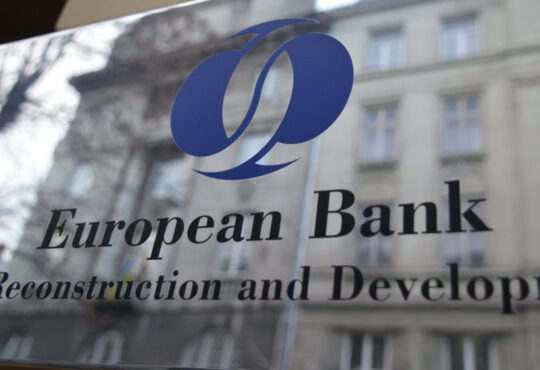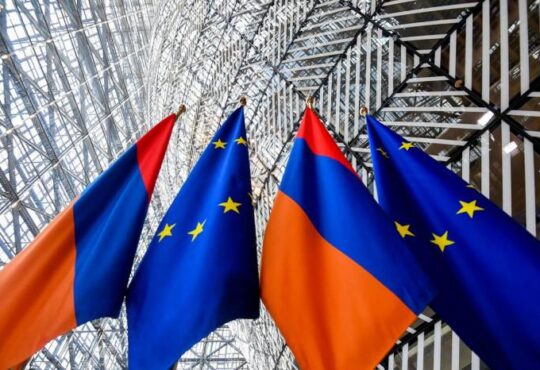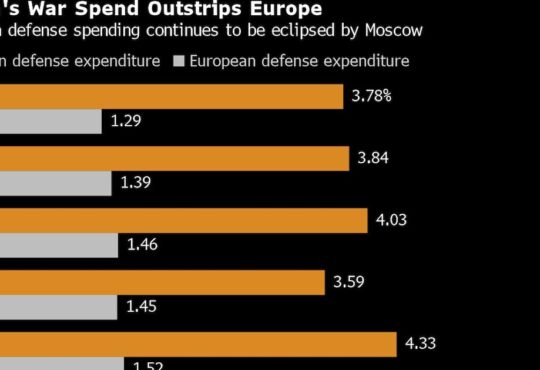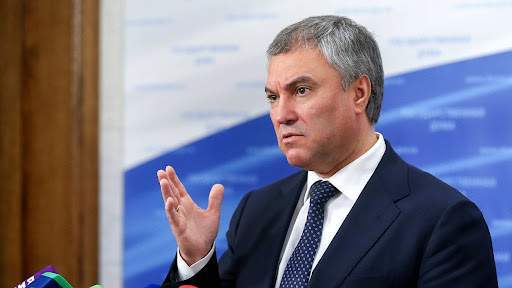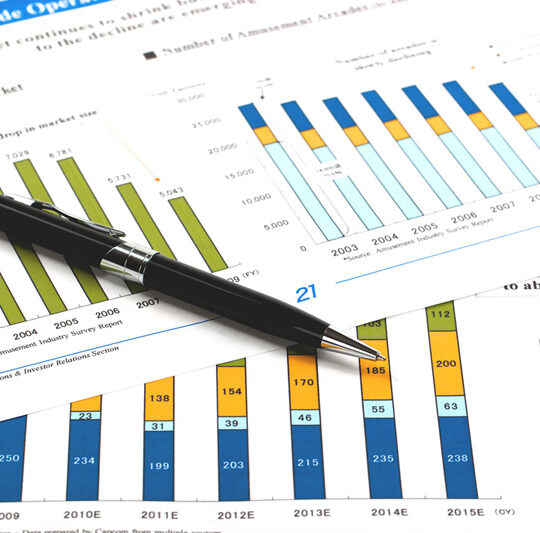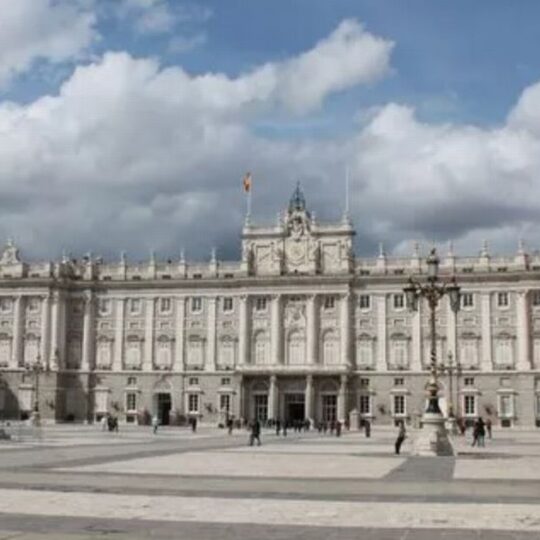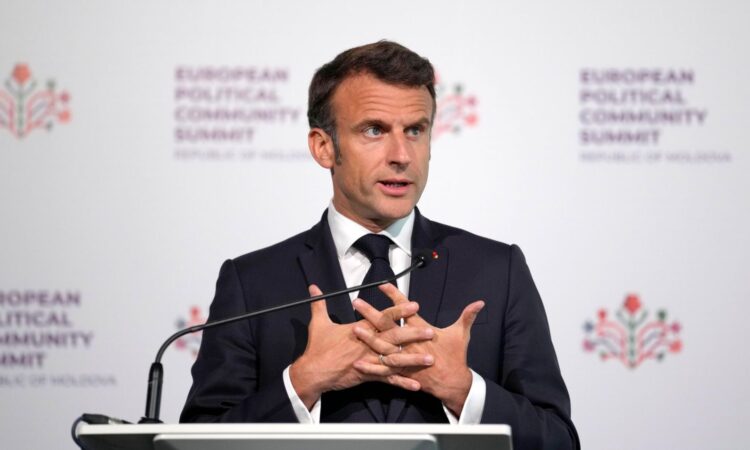
Speaking at two separate events in Slovakia and Moldova last week, French President Emmanuel Macron continued to push for the closer involvement of European forces in the war in Ukraine and further hikes in EU military spending.
Speaking at Globsec 2023 in Bratislava, capital of Slovakia, on May 31, Macron called on his NATO allies “to offer tangible and credible security guarantees to Ukraine” to support its role of “protecting Europe.” Macron added, “We have to build something between the security provided to Israel and full-fledged membership.”
Israel has a defensive pact with the US similar to NATO’s article 5. It has access not only to billions of dollars in US government funding, but also to the US F-35 fighter jet program as well as other advanced weaponry. Any agreement of this kind between the NATO powers and Ukraine would transform the alliance’s proxy war against Russia into an open conflict.
After calling for more material aid “to help Ukraine today with all means to carry out an effective counter-offensive,” Macron also stressed that the escalation of the European powers’ drastic rearmament would continue unabated. He continued, “It is up to us Europeans to in the future have our own ability to defend ourselves. … A Europe of defence, a European pillar within NATO, is indispensable. It’s the only way to be credible … in the long term.”
The next day, in Moldova, Macron called for even closer integration of Ukraine to the orbit of European imperialism, speaking at the second summit of the Euopean Political Community. Warning that Europe is “entering a very political phase,” Macron called on the EU “to anchor the Western Balkan states, Ukraine and Moldova in the European space.” He concluded: “It is necessary to accept that we have an enlarged, geopolitical union and that some of its members decide to have a much more community-based policy.”


